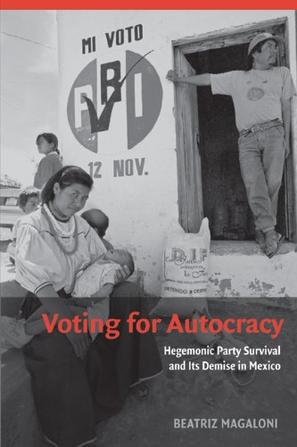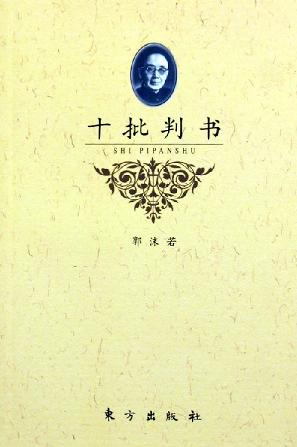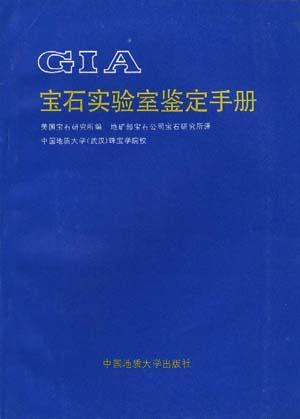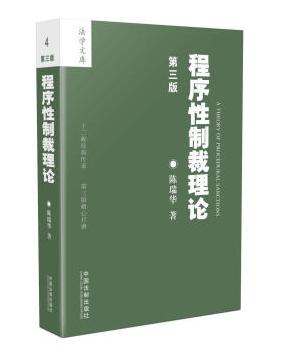Review
"The strengths of Voting for Autocracy are found in Magaloni's careful development of theoretical concepts and their comparative relevance, her rigorous methodological employment of game theoretic and statistical approaches, and her impressive compilation of electoral, opinino, and policy indicators."
-David A. Shirk, University of San Diego
"This book is the best analysis of the Mexican transition in the field that I have seen, and it is also the best-in-depth look at how an electoral authoritarian regime actually works. The book pulls together arguments about elite strategic behavior, voter's perceptions, and key institutional changes to explain the Mexican transition with both depth and sophistication."
-Barbara Geddes, University of California, Los Angeles
"In this carefully argued study, Beatriz Magaloni sheds light on the dynamics and breakdown of the PRI regime in Mexico, and, more generally, on the logic of electoral authoritarian regimes. Combining an in-depth analysis of Mexican politics with a broad comparative perspective, Magaloni develops and tests a novel theory that helps explain why citizens support autocratic rulers. The book merits the attention of students of political regimes, political parties, democratization, and Latin American politics."
-Richard Snyder, Brown University
"Magaloni's study of the dominance and collapse of a single-party dominant autocratic regime is a landmark in Mexican political economy and regime transitions. With incisive theorizing and rich empirical testing, she solves crucial puzzles, such as how an unpopular government can submit itself to elections and still retain power."
-Susan Stokes, Yale University
"Beatriz Magaloni make[s] important, original contributions to this debate and to the broader analysis of political parties, elections, and democratization. [...]Magaloni adopts a broad [...]persuasive perspective on the resource bases of the ruling party's dominance, stressing the multiple benefits that it derived both from overall federal government expenditures and from some specific social programs."
-Kevin J. Middlebrook, University of London, Perspectives on Politics
Product Description
This book provides a theory of the logic of survival of the Institutional Revolutionary Party (PRI), one of the most resilient autocratic regimes in the twentieth century. An autocratic regime hid behind the facade of elections that were held with clockwise precision. Although their outcome was totally predictable, elections were not hollow rituals. The PRI made millions of ordinary citizens vest their interests in the survival of the autocratic regime. Voters could not simply throw the "rascals out of office" because their choices were constrained by a series of strategic dilemmas that compelled them to support the autocrats. The book also explores the factors that led to the demise of the PRI. The theory sheds light on the logic of "electoral autocracies," among the most common type of autocracy today, and the factors that lead to the transformation of autocratic elections into democratic ones. This book is the only systematic treatment in the literature today dealing with this form of autocracy.
 Voting for Autocracytxt,chm,pdf,epub,mobi下载
Voting for Autocracytxt,chm,pdf,epub,mobi下载 首页
首页



感觉不出文化隔阂
好好好好好
语言详实
哈哈哈哈哈哈